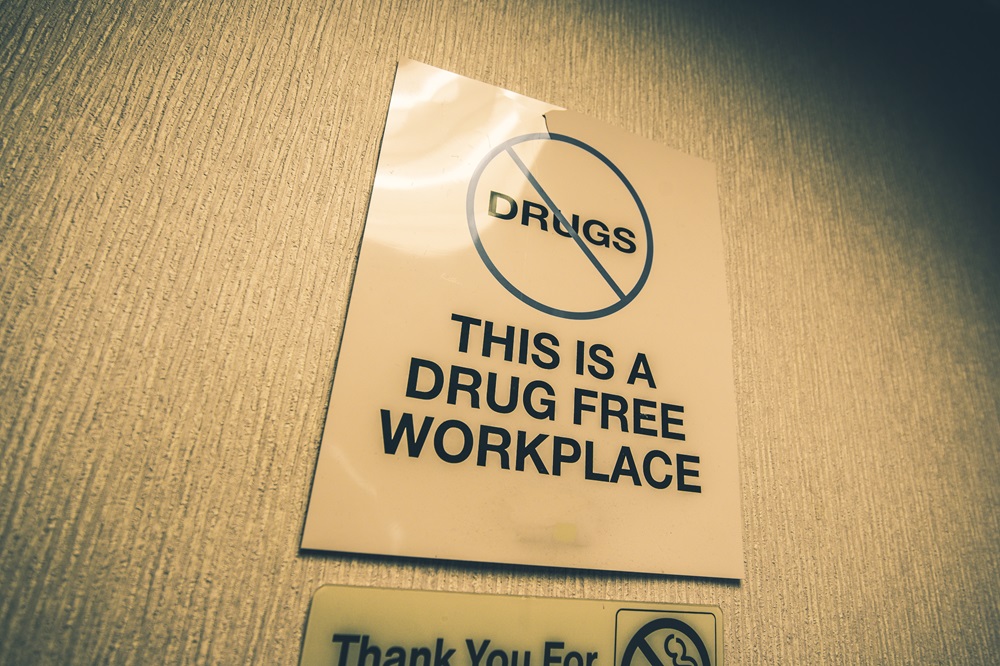Drug compliance is an important tool for keeping workplaces safe and the public healthy. Maintaining it involves sticking to various laws and regulations meant to control drug use and keep drugs out of workplaces and other environments. This article will discuss various methods of drug testing, the regulations in place to govern them, and best practices for implementing and maintaining drug compliance.
Types of Drug Testing Methods
Urine Testing
The urine drug test is the most common method for workplace drug testing because it’s reliable and can detect drugs a relatively long time after they were used. It can also detect a wide range of substances such as marijuana, cocaine, amphetamines, opioids, and benzodiazepines. The detection window for urine tests depends on the drug, but generally ranges from a few days to several weeks.
Saliva Testing
A saliva drug test is a non-invasive method for maintaining drug compliance that provides quick results. This form of drug testing is best used for detecting recent drug use since substances can be detected in saliva within 30 minutes of ingestion and stay detectable by the saliva drug test for up to 48 hours. They are less invasive than urine or blood tests and are often used as roadside tests and workplace screenings because they’re easy to administer and the results come quickly.
Blood Testing
The blood drug test is the most invasive but also the most accurate way to maintain drug compliance. It’s often used for clinical and legal purposes, where the results must be precise and reliable. Blood drug tests detect the presence of drugs within minutes to hours after use, so they’re best used situations where recent drug use needs to be confirmed.
Hair Testing
The award for the longest detection window goes to the hair drug test, which is capable of identifying drug use over several months. It’s less commonly used but is great for detecting long-term patterns of drug use. Hair tests require a sample of hair, typically from the scalp, and provide a much more detailed history of drug use, making them best used in certain legal and employment contexts.
Regulatory Frameworks
Federal Regulations
Federal regulations have a large part to play in ensuring drug compliance across various sectors. The Drug-Free Workplace Act mandates federal workplaces, non-federal workplaces with federal contracts of $100,000 or more, and those with federal grants in any amount must keep their workplace drug-free.
Additionally, the Department of Transportation (DOT) has strict drug testing requirements for those in safety-sensitive positions like the aviation, trucking, and railroad industries. These regulations ensure drug compliance via regular and random drug testing to keep the public safe and the DOT in compliance with federal laws.
State Regulations
State regulations regarding drug testing can vary widely. Some states have laws on the books that dictate how drug testing can be conducted, who can be tested, when tests can be administered, and how the results should be handled. For example, states that have legalized recreational marijuana like New York, New Jersey and Nevada have laws making adverse action against employees who test positive for it quite difficult.
Employers must navigate these state-specific drug testing regulations to maintain drug compliance and avoid legal issues. Some states require employers to tell employees beforehand before administering drug tests, while others have rules about the results’ confidentiality.
Implementing Drug Compliance in the Workplace
Developing a Drug-Free Policy
Creating a drug-free workplace policy is the first step toward implementing drug compliance. This policy should dictate the company’s stance on drug use, the types of testing the company will conduct, and the consequences for violating the policy. Of course, the policy must be legally compliant with state and federal regulations. All employees must also be aware of the policy’s contents. Legal experts in the relevant fields can be a big help for employers to draft a comprehensive and enforceable policy
Training and Education
Training and educating employees about the drug-free policy is essential for its successful implementation. Employees should understand how important it is to keep their workplace drug-free and the potential consequences that drug use carries. Training programs for supervisors and HR personnel are also important to equip them to handle testing procedures and manage positive test results appropriately and in a manner compliant with state and federal guidelines.
Challenges and Best Practices
Maintaining Accuracy and Integrity
Making sure the testing methods and devices used are reliable is a huge part of maintaining the accuracy and integrity of drug tests. Employers should use certified laboratories and reputable testing devices to avoid issues that could undermine the testing process like false positives. It is also important to have protocols for handling disputes and retests if they become necessary.
Adapting to Legal Changes
Just like any laws, drug laws and regulations can change frequently, and employers must stay on top of changes to continue maintaining drug compliance. This may involve regular reviews and updates to the company’s drug-free policy and training programs to align with new legal requirements. Employers can avoid potential legal issues and maintain a safe and compliant workplace by keeping themselves informed about changing drug laws.
Maintaining Drug Compliance in the Workplace
Drug compliance is an essential part of making sure workplaces are safe and legal. With an understanding of the different drug testing methods, navigation of the regulatory frameworks, and implementation of some best practices, employers can create and maintain effective drug compliance programs. Staying on top of legal changes and continuously improving compliance strategies can help employers keep their workplaces safe and drug-free for all their employees.




